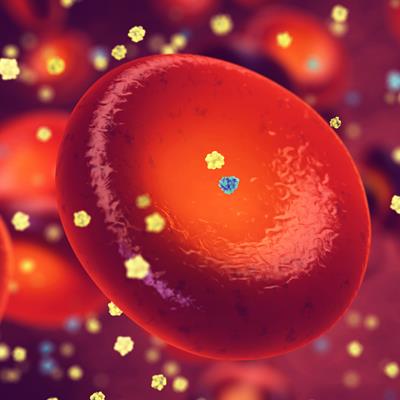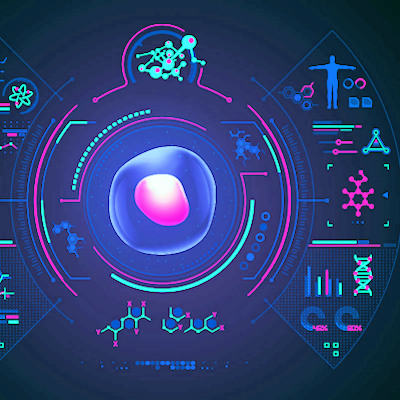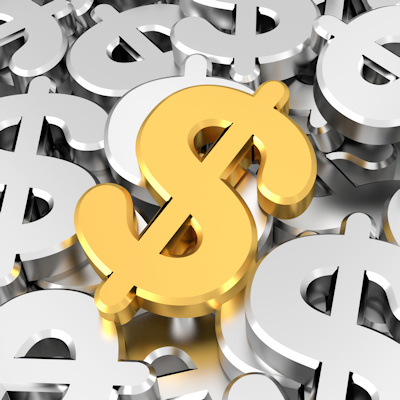March 9, 2022 -- A research group has demonstrated that stem cells can form cells that closely mimic normal pancreatic islets, in terms of both structure and function. The findings, which were published in Nature Biotechnology on March 3, show how stem cell islets can be used as tools for diabetes research and cell therapies.
A primary goal of stem cell research is the generation of functional pancreatic beta cells from human pluripotent stem cells, as insulin is a vital hormone produced by pancreatic beta cells. Type 1 diabetes is caused by the destruction of these pancreatic cells. However, insulin secretion can be restored in diabetic patients by transplanting beta cells isolated from the pancreas of a brain-dead organ donor.

Attempts have been made to produce functional beta cells from stem cells, which could make this treatment increasingly common. However, the beta cells produced from stem cells have so far been immature, with poorly regulated insulin secretion. For researchers, the end goal is to provide a consistent and renewable source of cells to treat diabetes in patients.
In this research study, led by Diego Balboa, PhD, of the University of Helsinki, the authors generated functionally mature stem cell-derived islets (SC-islets) using an optimized protocol and comprehensively benchmarked them against primary adult islets. The electrophysiology and exocytosis of SC-islets were comparable to adult islets, and they were able to achieve glucose-responsive insulin secretion despite differences in glycolytic and mitochondrial glucose metabolism. Murine engraftment revealed a resemblance to that of primary islets.
The study demonstrated that the combination of integrated analyses with refined differentiation protocols can guide the generation of further improved SC-islets for the modeling of beta cell dysfunction, drug screening purposes, and cell replacement approaches, expanding the understanding of the disease mechanisms and therapeutic possibilities to combat diabetes, according to the study.
"This study will help further improve the production of stem cell islets, which will make it easier to utilize them in disease modeling and cell therapies," Timo Otonkoski, PhD, of the University of Helsinki, said.
The authors believe that this research could prove valuable to the scientific community.
"I believe the international scholarly community values our efforts to validate stem cell islets as tools for diabetes research and cell therapies," Anders Tengholm, PhD, of Uppsala University in Sweden, said.
Copyright © 2022 scienceboard.net









